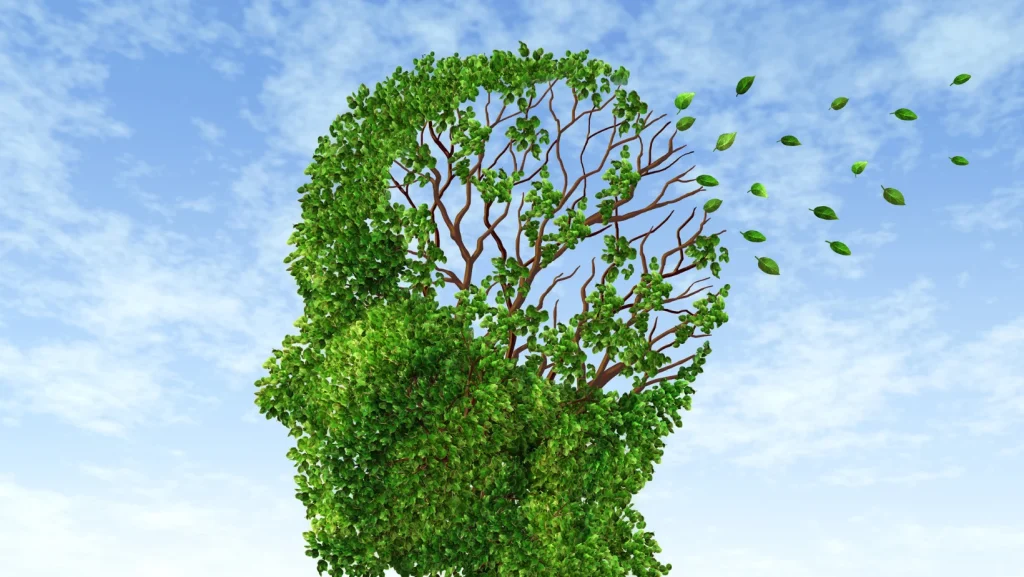Members Articles

Please read and enjoy our articles. If you wish to submit an article for consideration, please send it to benefits@ara-org.uk with a statement saying that you are happy for it to be published, publicly, on our site. Please note that all of these articles are written by the person credited at the bottom of the article in their personal capacity and the opinions expressed in all of these articles are the author’s own, and these not not necessarily reflect the opinion of the British Acupuncture Federation, it’s board members or other registrants. by Michelle Bebbington – The ARA Board
The role of Dan Tian and Ming Men in Dementia Prevention Through Acupuncture

Introduction Traditional Chinese Medicine (TCM) is a holistic approach to health that focuses on the balance and flow of vital energy, known as Qi, throughout the body. Central to this approach are two key concepts: Dan Tian and Ming Men. Dan Tian, particularly the Lower Dan Tian, is seen as the storage and cultivation centre of Qi, crucial for maintaining physical and mental vitality. Meanwhile, Ming Men, located near the kidneys, is regarded as the “Gate of Life” and is responsible for generating Kidney Yang, which fuels the body’s vital functions (Unschuld, 1985; Maciocia, 2005). Dementia, a degenerative neurological condition, represents a growing public health concern, particularly in aging populations. Recent studies in both Western and traditional practices have explored ways to prevent or delay the progression of dementia. TCM, through acupuncture and its principles, offers promising insights into supporting cognitive health by addressing underlying imbalances in Qi (Wang et al., 2017). This essay aims to explore the roles of Dan Tian and Ming Men in dementia prevention, specifically through acupuncture. By investigating how these energy centres are activated and balanced, this essay will evaluate the potential impact of acupuncture in reducing the risk or slowing the progression of dementia (Jiang et al., 2022). The Du Meridian (Governor Vessel) The Du Meridian, also known as the Governor Vessel (Du Mai), is one of the eight extraordinary meridians in Traditional Chinese Medicine (TCM). It runs along the midline of the back and is often considered the “sea of Yang” because it governs the Yang energy of the body (Zhao et al., 2016). – Function: The Du Meridian is responsible for regulating Yang Qi, particularly the spinal energy, and is associated with central nervous system health. It is also said to help with mental clarity, cognitive function, and emotional stability (Cheng, 2020). – Connection to the Brain: It is considered essential for nourishing the brain and spinal cord, contributing to cognitive and neurological health. Acupuncture at points along the Du Meridian, such as Du 4 (Ming Men), is believed to strengthen Yang energy and improve brain function (Zhao et al., 2016). – Clinical Relevance: The Du Meridian is used in acupuncture for treating fatigue, mental fog, cognitive decline, and conditions like dementia, as it helps to tonify Yang energy and enhance brain vitality (Cheng, 2020). The Ren Meridian (Conception Vessel) -The Ren Meridian, or Conception Vessel (Ren Mai), is another of the eight extraordinary meridians, running along the midline of the front of the body, from the perineum to the mouth. It is considered the “sea of Yin” because it governs the Yin energy of the body (Li & Xie, 2017). – Function: The Ren Meridian regulates Yin Qi and is essential for the nourishment and balancing of Yin energies in the body. It also plays a role in mental health, promoting emotional stability, relaxation, and cognitive function (Li & Xie, 2017). – Connection to the Brain: The Ren Meridian is closely connected with the gut-brain axis, particularly with the functions of the gut, which has been linked to cognitive health. Stimulating points along the Ren Meridian, such as Ren 6 (Qi Hai), can nourish both the brain and the digestive system, improving overall vitality and cognitive performance (Cheng, 2020). – Clinical Relevance: Acupuncture targeting the Ren Meridian is used to promote mental clarity, support emotional well-being, and prevent cognitive decline, making it a useful tool for dementia prevention and the maintenance of brain health (Li & Xie, 2017). Incorporating the Du and Ren Meridians in Dementia Prevention By stimulating these meridians through acupuncture, it is believed that Qi and blood circulation to the brain are improved, which can help prevent neurodegenerative conditions such as dementia. In particular, points like Du 4 (Ming Men) and Ren 6 (Qi Hai) are often combined in acupuncture treatments to tonify Kidney Qi, enhance mental clarity, and improve overall cognitive function (Zhao et al., 2016; Cheng, 2020; Li & Xie, 2017). Understanding Dan Tian The concept of Dan Tian in Traditional Chinese Medicine (TCM) refers to three energy centres located within the body that are considered crucial for the cultivation, storage, and regulation of Qi, the vital life force. These centres are known as the Upper Dan Tian, Middle Dan Tian, and Lower Dan Tian, each with its specific role in the energetic system of the body. Of these three, the Lower Dan Tian is the most significant, playing a central role in overall health, vitality, and longevity, particularly regarding cognitive health and preventing conditions like dementia (Wang & Zhang, 2019; Li, 2021). Understanding Ming Men Ming Men, or the “Gate of Life,” is a crucial point located at DU 4 on the Du Meridian. It represents the source of Kidney Yang, which is vital for energy, warmth, and overall vitality. The Kidneys are considered the foundation of life in TCM, and Ming Men supports both physical and mental health by nourishing Yang energy (Zhao et al., 2016). This Yang energy is essential for regulating circulation, metabolism, and cognitive function, helping to maintain mental clarity and prevent cognitive decline (Li & Xie, 2017). Location and Significance of Dan Tian The Lower Dan Tian is located about two inches below the navel, deep within the abdomen, and is often referred to as the “sea of Qi” (Maciocia, 2005). The Middle Dan Tian is located in the centre of the chest and is associated with the heart and the emotional and spiritual aspects of life. The Upper Dan Tian, located in the forehead region, is considered the centre of the intellect and mind. The Lower Dan Tian is of particular importance in TCM because it is believed to store not only Qi but also Jing (Essence), which is the foundation of all life processes, and Blood, which nourishes and supports organ systems and tissues. The Lower Dan Tian is therefore seen as the “root” of vitality, and it plays a critical role in the body’s energy production and overall health (Unschuld,
